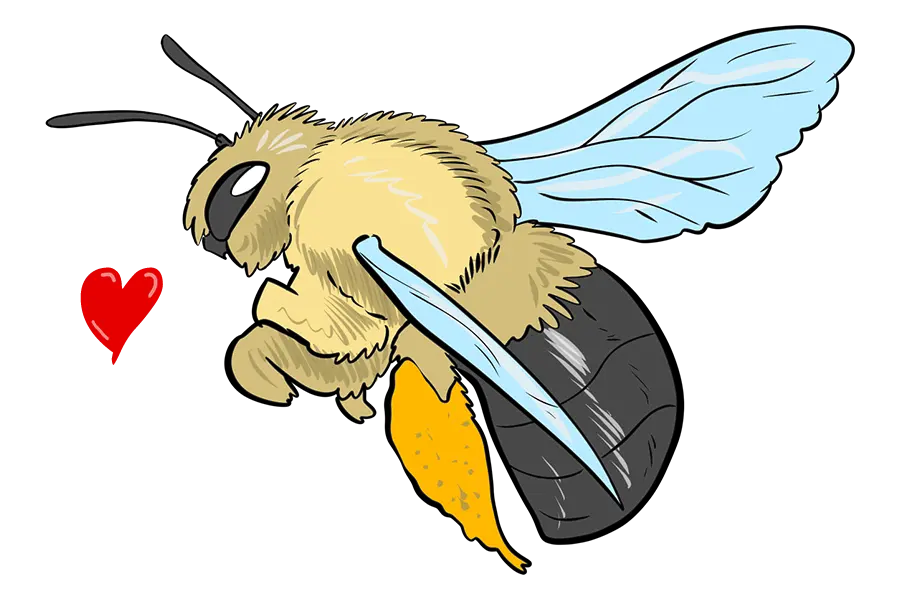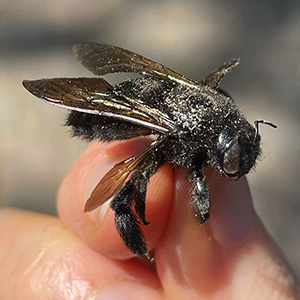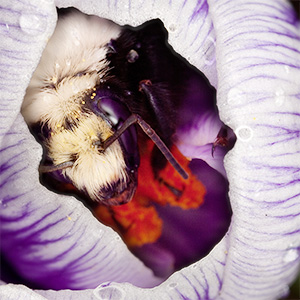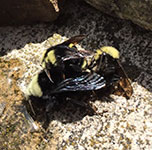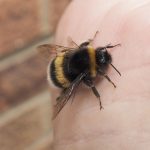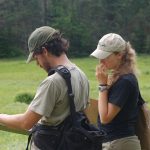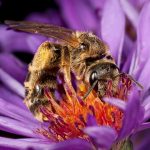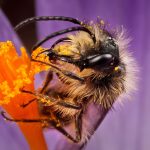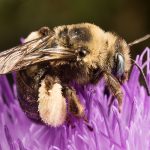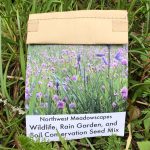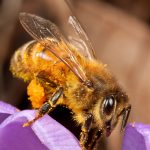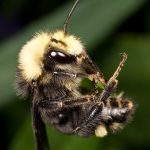
Elise Fog of Save Bees & Enlightened Bugs
I figured I should introduce myself at some point! I’m the one who has built this website, and I’ve also taken all the bee photos you see on these pages. I adore bees... if you haven’t already guessed! I started this site in 2010 to connect with other bee lovers and share the importance of pollinators. Bees are so critical to our world, and I find it so striking that anyone, anywhere can help save bees (whether you have a small garden or acres or even a balcony, or even no outdoor space at all!). Read more

